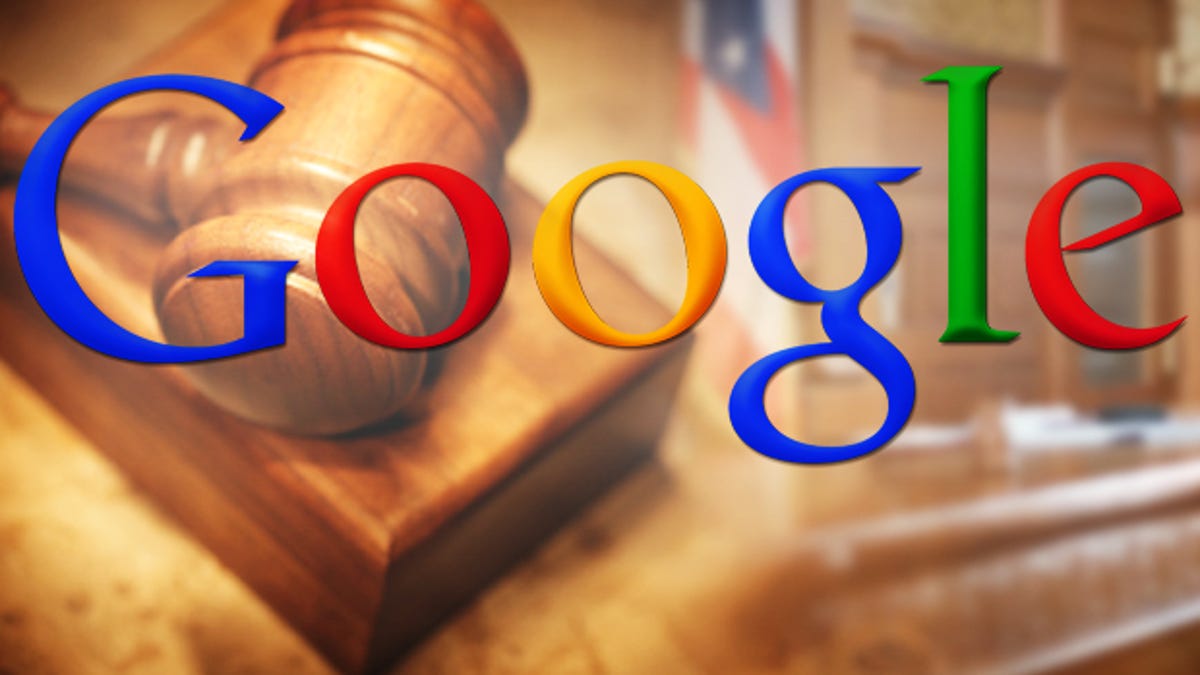Google proposes fix for Europe's search competition concern
A years-long competition inquiry into Google's search dominance is entering a new chapter as the European Commission and Google competitors evaluate a proposed remedy.

Google has submitted its ideas for how to address complaints in Europe that it uses its search power to benefit its other online properties.
Antoine Colombani, the European Commission's spokesman on competition policy, told Reuters that the move took place after the EC finished its years-long assessment of Google's search dominance and its effects:
In the last few weeks, the Commission completed its preliminary assessment formally setting out its concerns. On this basis, Google then made a formal submission of commitments to the Commission.
We are now preparing the launch of a market test to seek feedback from market players, including complainants, on these commitment proposals.
However, he didn't share details on the proposed Google commitments. Voluntary changes to Google behavior could avert more serious, long-running, legal action.
As Google has grown and then expanded from search into other areas, it's faced increasing antitrust concerns in the United States and Europe. At the heart of the concern is that Google can hurt competitors such as "vertical search" specialists by featuring its own results instead. That could include airline flights, e-commerce, maps, and other areas.
In the United States, Google settled the Federal Trade Commission's antitrust case with minor tweaks of its behavior. That light outcome -- perhaps influenced by the company's ever-heavier lobbying efforts among politicians in Washington -- makes it harder for European regulators to come down hard, legal experts have said.
One rumored remedy is for Google to label search results that are drawn from its own properties so consumers could make an informed choice about what they're clicking on. Critics, arguing that Google abuses its search dominance by promoting its own properties, want tougher restraints.
One top organization taking on Google is FairSearch, which includes representation from rivals such as Microsoft, Nokia, and Oracle. In an effort to keep pressure on Google, FairSearch complained this week that the search giant is using its Android operating system as a way to further its own mobile apps.

